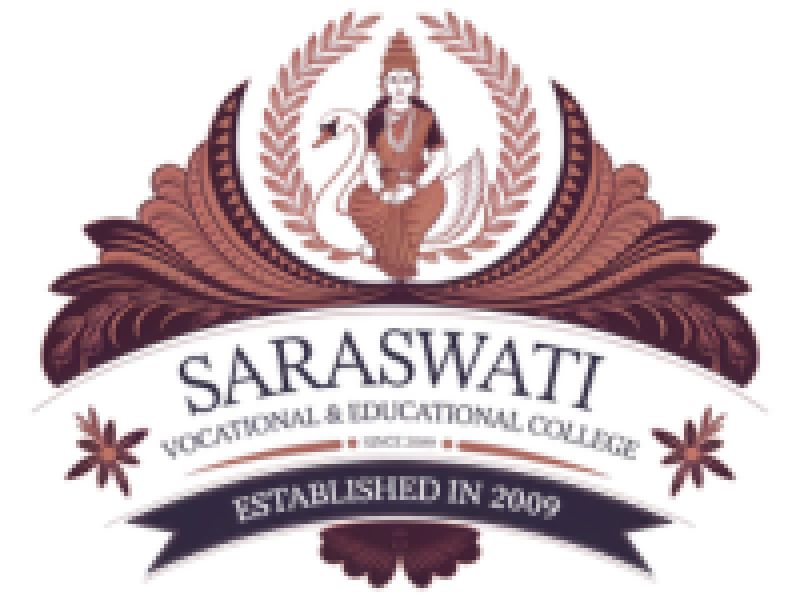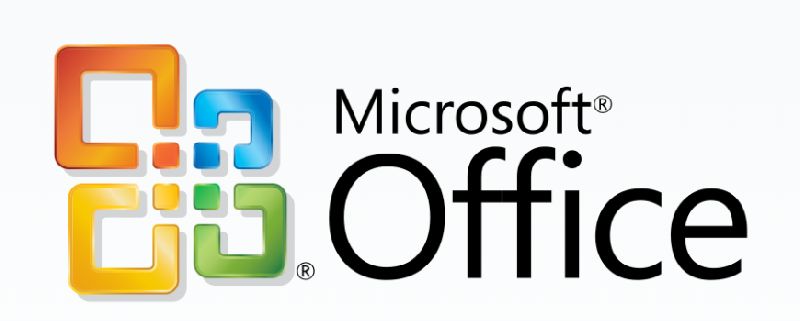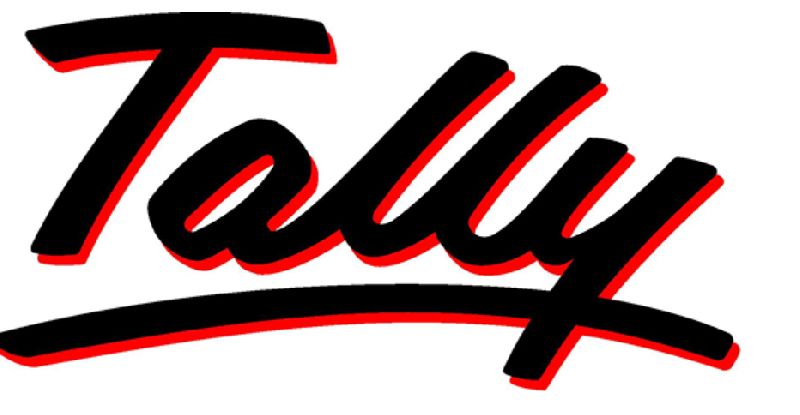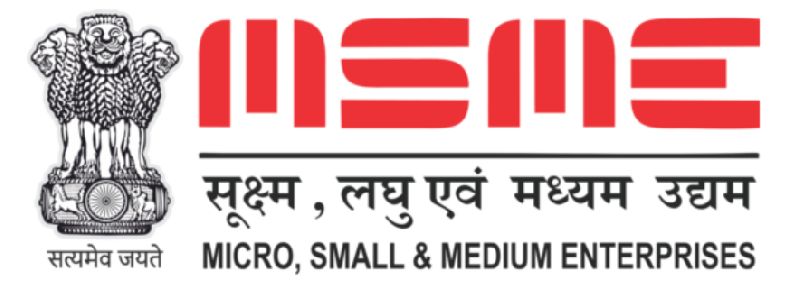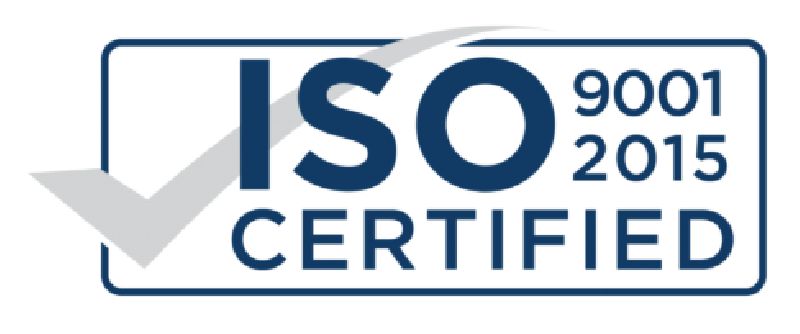
Educational Qualification:
Minimum: 12th pass (Commerce stream)
Bachelor’s degree in Commerce (B.Com)
Age Limit:
Minimum: 18 years
No upper age limit.
Additional Requirements:
Basic knowledge of Mathematics and Accounting
Familiarity with MS Office (especially Excel)
Fundamentals of Accounting:
Definition, principles, and types of accounting
The accounting cycle: from journal entry to balance sheet
Double-entry bookkeeping system
Accounting Terminology:
Assets, Liabilities, Equity, Revenues, and Expenses
Rules of debit and credit
Journal, Ledger, Trial Balance
Preparation of Financial Statements:
Income Statement, Balance Sheet, and Cash Flow Statement
Closing entries and adjustments
Analysis of Financial Statements:
Ratio Analysis: Liquidity, Profitability, Efficiency Ratios
Vertical and Horizontal Analysis
Accounting for Sole Proprietorships and Partnerships
Cost Concepts and Classification:
Fixed, Variable, and Semi-variable Costs
Direct and Indirect Costs
Costing Methods:
Job Order Costing, Process Costing, Activity-Based Costing
Cost Allocation:
Overhead absorption, Cost Behavior analysis
Break-even Analysis
Budgeting and Forecasting:
Types of budgets: Flexible, Static, and Master budgets
Variance Analysis
Standard Costing and Cost Control:
Setting and comparing standards for cost
Analyzing variances and corrective actions
Financial Planning and Control:
Financial modeling and strategic financial planning
Sources of Finance:
Equity, Debt, Retained Earnings, and Loans
Venture Capital and Crowdfunding
Capital Structure and Leverage:
Debt vs Equity Financing
Leverage and its impact on financial risk
Working Capital Management:
Managing liquidity, cash, and receivables
Inventory management
Introduction to Taxation:
Taxation Basics: Direct and Indirect Taxes
Income Tax Act: Key Provisions for Individuals and Corporates
GST (Goods and Services Tax):
GST Filing and Returns
GST Invoicing and Taxation on Goods/Services
Tax Planning and Optimization
Introduction to Auditing:
Types of audits: Internal, External, Forensic
Audit Process and Documentation
Internal Control Mechanisms:
Risk Management
Fraud Detection and Prevention
Stock Market and Capital Markets:
Types of Securities: Stocks, Bonds, Derivatives
Understanding Financial Instruments and Trading
Investment Strategies:
Portfolio Management
Mutual Funds, ETFs, and Real Estate Investments
Risk and Return:
Capital Asset Pricing Model (CAPM)
Modern Portfolio Theory
Hands-on Training:
Preparing financial statements, cost sheets, and tax returns
Case studies in real-world financial scenarios
Use of accounting software like Tally, QuickBooks, or MS Excel

Course Code : M-ITIMM01

Course Code : M-ITIMM02

Course Code : M-ITIEVM01

Course Code : M-ITIEVM02

Course Code : M-D-MLT01

Course Code : M-D-MLT02

Course Code : M-ITIADS01

Course Code : M-ITIADS02

Course Code : M-DHSI01

Course Code : M-DHSI02

Course Code : M-ITIDM01

Course Code : M-ITIDM02

Course Code : M-ITIDMC01

Course Code : M-ITIDMC02

Course Code : M-DBM01

Course Code : M-DBM02

Course Code : M-DFD01

Course Code : M-DFD02

Course Code : M-CFT01

Course Code : M-CFT02

Course Code : M-ADCA01

Course Code : M-ADCA02

Course Code : M-DHM01

Course Code : M-DHM02

Course Code : M-HM01

Course Code : M-HM02

Course Code : M-DRM01

Course Code : M-DRM02

Course Code : M-PTT01

Course Code : M-PTT02
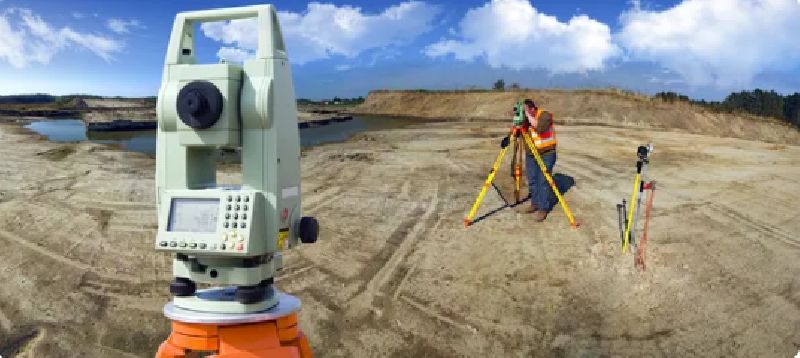
Course Code : M-ITISP01

Course Code : M-ITISP02

Course Code : M-CMS01

Course Code : M-CMS02

Course Code : M-ITIE01

Course Code : M-ITIE02

Course Code : M-ITIEN01

Course Code : M-ITIEN02
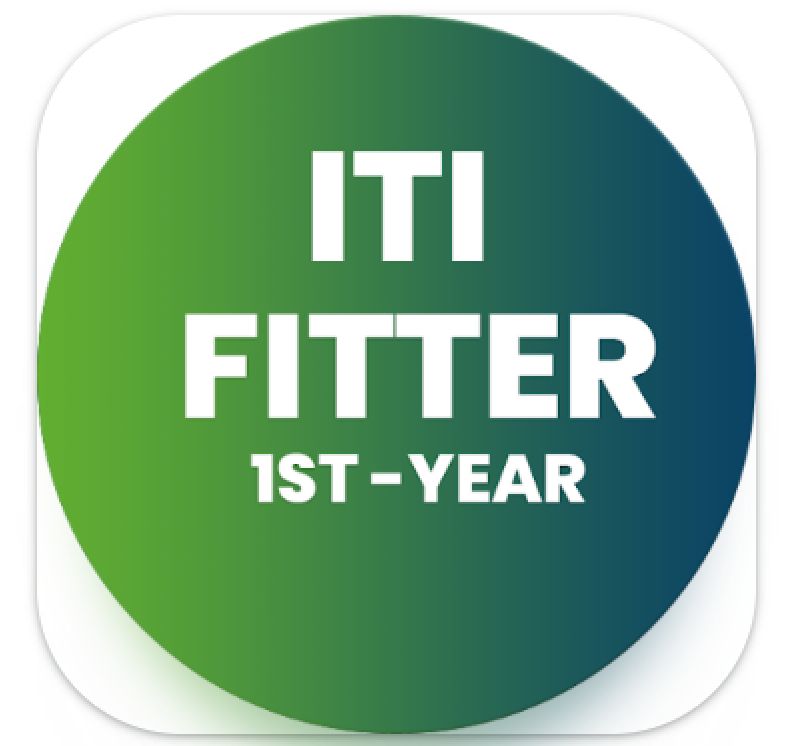
Course Code : M-ITIF01

Course Code : M-ITIF02
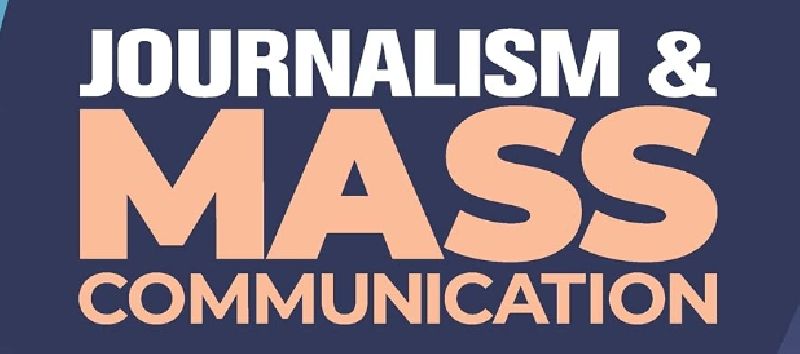
Course Code : M-DJMC01

Course Code : M-DJMC02

Course Code : M-DPE01

Course Code : M-DPE02

Course Code : M-CMSED01

Course Code : M-CMSED02

Course Code : M-NTT01

Course Code : M-NTT02

Course Code : M -01

Course Code : M-02

Course Code : M-03

Course Code : M-04

Course Code : M-05

Course Code : M-07

Course Code : M-08

Course Code : M-09

Course Code : M-10

Course Code : M-11

Course Code : M-12

Course Code : M-13

Course Code : M-14

Course Code : M-15

Course Code : M-16

Course Code : M-17

Course Code : M-18

Course Code : M-19

Course Code : M-20

Course Code : M-21

Course Code : M-22

Course Code : M-23

Course Code : M-24

Course Code : M-25

Course Code : M-26
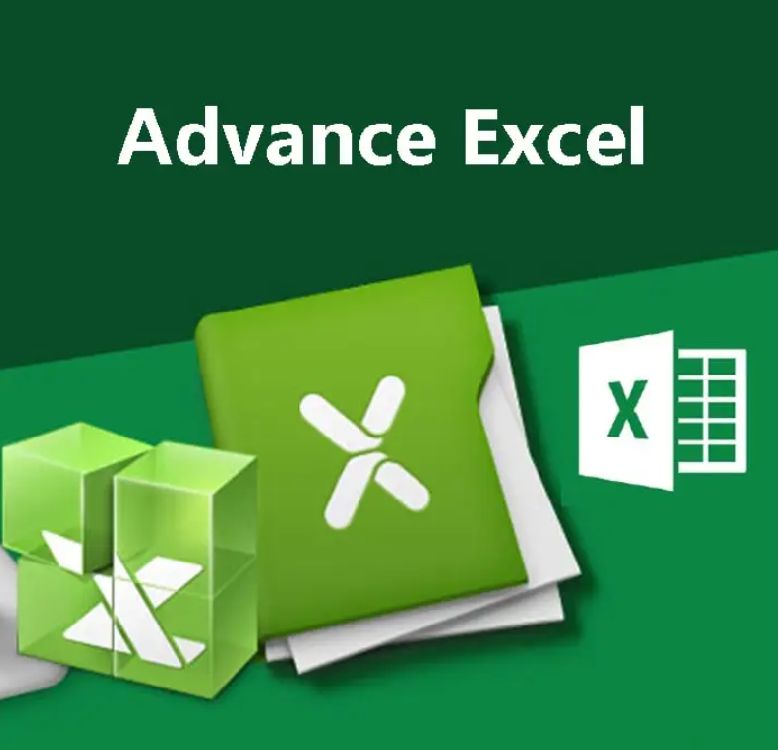
Course Code : M-27

Course Code : M-28

Course Code : M-29
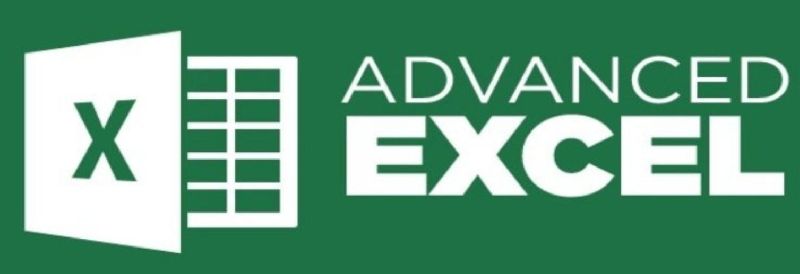
Course Code : M-30

Course Code : M-31

Course Code : M-32

Course Code : M-33

Course Code : M-34

Course Code : M-35

Course Code : M-36
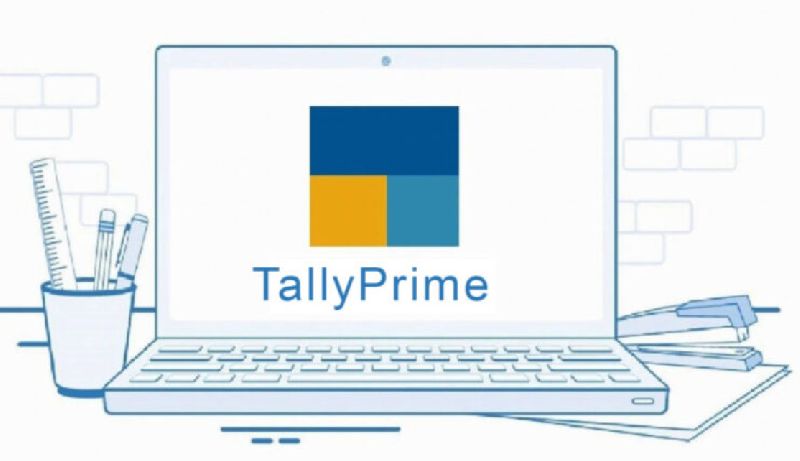
Course Code : M-37
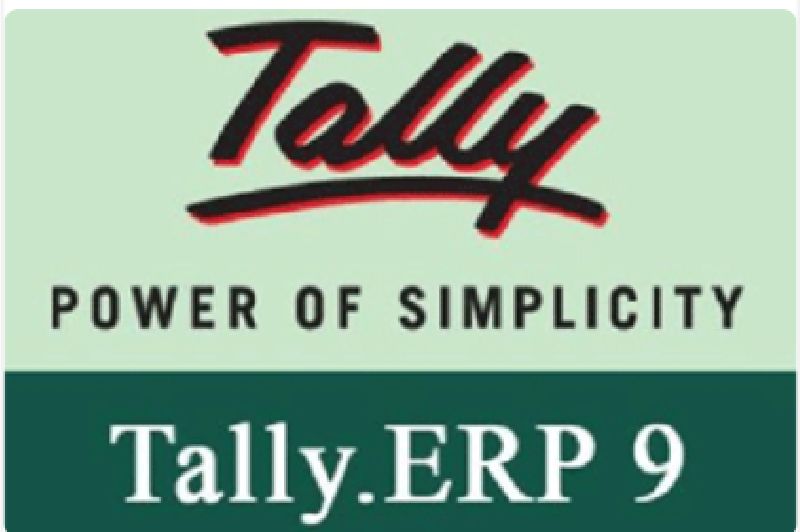
Course Code : M-38
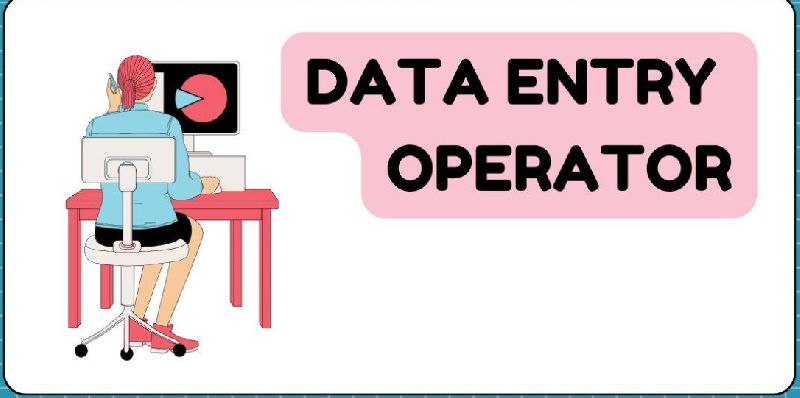
Course Code : M-39

Course Code : M-41

Course Code : M-42

Course Code : M-43
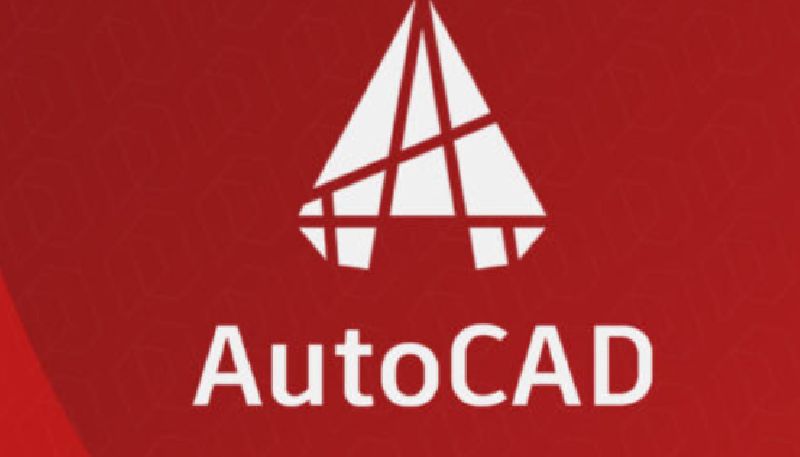
Course Code : M-44

Course Code : M-45

Course Code : M-46

Course Code : M-47

Course Code : M-48

Course Code : M-49

Course Code : M-50

Course Code : M-51

Course Code : M-52

Course Code : M-53

Course Code : M-54

Course Code : M-55

Course Code : M-56

Course Code : M-57

Course Code : M-58

Course Code : M-59

Course Code : M-60

Course Code : M-61

Course Code : M-62

Course Code : M-63

Course Code : M-64

Course Code : M-65

Course Code : M-66
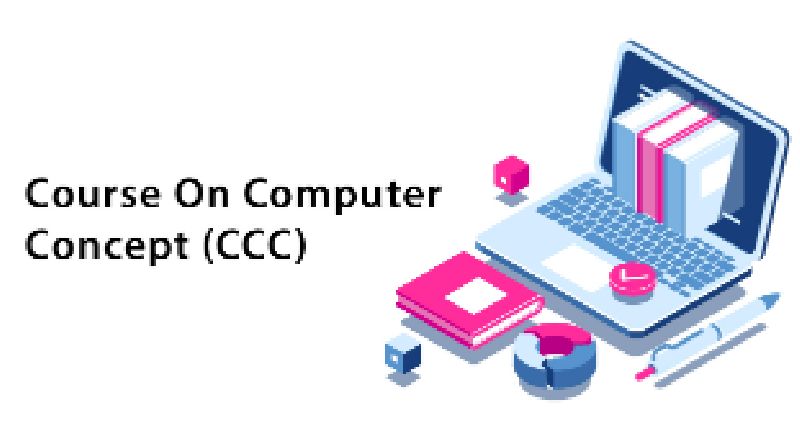
Course Code : M-67
